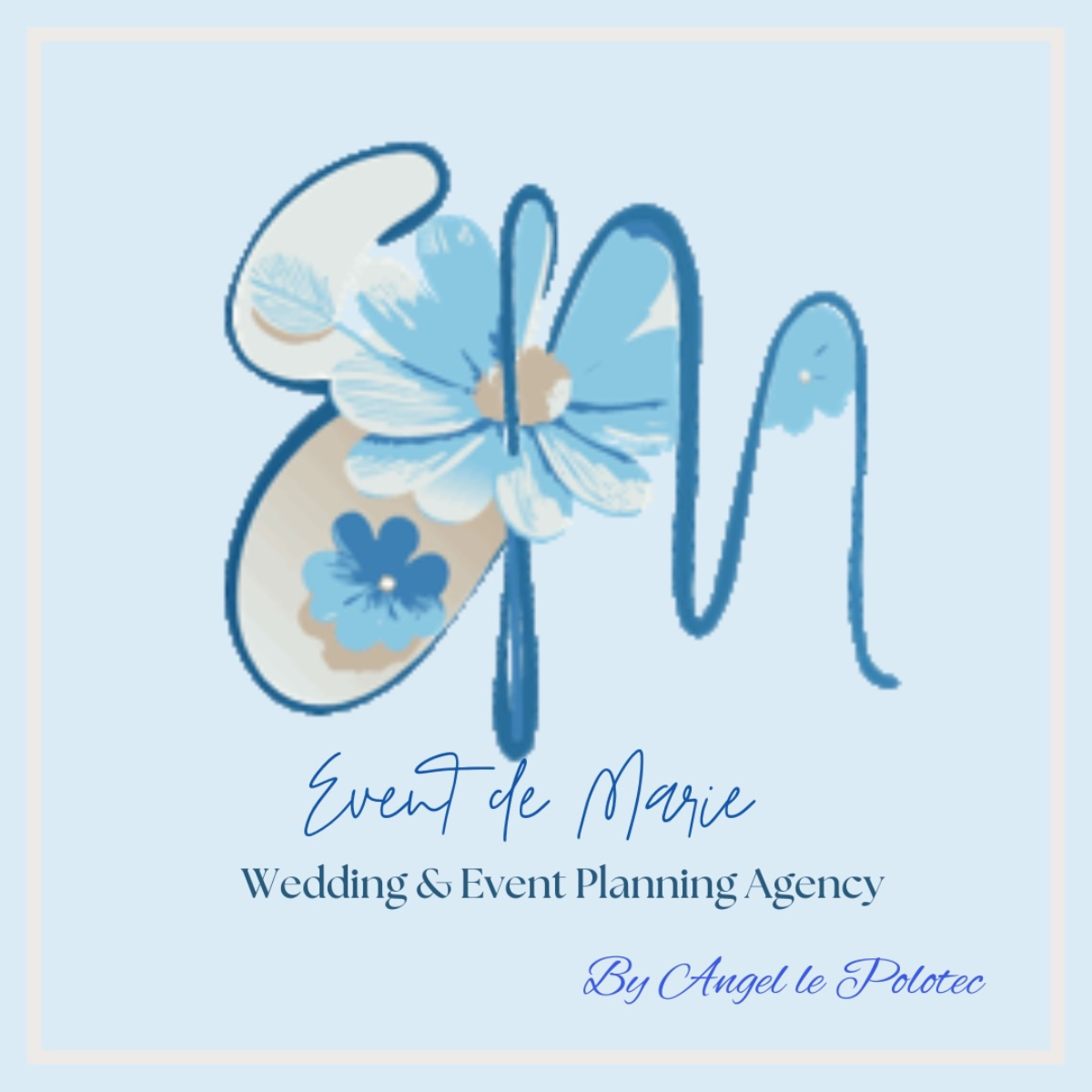Finding the perfect venue is like discovering the secret ingredient of your grandmama’s recipe. It’s the ground zero from which you will start the other steps. Whether you’re planning a wedding, a corporate event, or even a small dinner celebration, the venue is the boss of the other rules. Why? Because this choice influences the vibe and the décor and gives guidance for many other decisions along the way.
Let me give you some tips that can avoid a lot of headaches.
1. Define Your Event’s Theme
Before looking for venue options, answer the questions behind your event.
– What’s the vibe? Formal, casual, rustic, modern?
– What’s the wish? Are you aiming for a romantic wedding, a fancy product launch, or a cozy birthday party?
The purpose and theme will guide everything from décor choices to seating arrangements and menu options.
2. Set Your Budget
We, as event planners, have some rules when it comes to budgets, and it is very important to follow what we established with our clients at the beginning.
Being realistic about how much you’re willing to spend on the venue is absolutely important. Consider what’s included in the price:
– Is catering part of the package?
– Are tables, chairs, and linens provided?it is included in the price?
– Is there a rental fee or just a per-person cost?
Venues are not easy to deal with, and sometimes, there are costs involved that they do not mention( I know this is not nice, but it happens; C’est la Vie)!
So be aware of everything and ask all the questions you want. Do not be afraid if you forget something; call and ask again. And, of course, keep all the agreements in written form.
Knowing your budget early helps you with the options and avoid going to a venue that is out of your budget. And why is it better not to go? Well, we tend to get sad when we fall in love with a venue and can not afford it.
3. Consider Your Guest List
Size matters when it comes to venues. If it is too small, your guard service people will not have enough space; it will be too large and may feel empty. Look for a venue that aligns with your guest list.
Pro Tip: Always overestimate slightly—last-minute RSVPs happen more often than you think! So if you are planning for 50 people but 40 answered on time, remember that the other 10 can send the RSVP at the last minute or, even worse, they can just appear. Relatives love to do that!
4. Location
Accessibility is critical. Consider the convenience of the location for your guests:
– Is it easy to find?
– Is there enough parking or public transport nearby?
For destination events, are accommodations available close to the venue?
If you are willing to provide transportation, do not forget that people still need to get to the meeting point and also the costs must be added to your initial budget.
Remember, a great location ensures more guests arrive on time and in a good mood for a party.
5. Check the Availability
Popular venues book quickly, especially during peak seasons like wedding months or holiday periods. Alternatively, be flexible with your date to access in-demand venues. Another thing to consider is the price—high seasons, high price. It is exactly like booking hotels.
6. Evaluate Amenities and Features
When looking for venues, ask questions about the practicalities:
– Is there a dance floor?
– How’s the lighting, sound system, or Wi-Fi?
– Is there an on-site kitchen for caterers?
– Ask to see the restrooms(because maybe the venue is perfect, but the restrooms are sad and you will have to plan something to make them more presentable.
Also, consider whether the venue has any unique features—think rooftop views, waterfront access, or historical charm—that align with your event’s vibe. Make a list of your questions.
7. Think About the Weather
In some countries, this is usually not an issue, but there are many where it is a 100% issue. For outdoor events, always, always, and always have a Plan B. Whether it’s a tent, an indoor backup, or an alternate idea, ensure the weather doesn’t destroy your big day.
8. Review the Venue’s Policies
Venues come with rules, so read every sentence, period, and commas.
Ask questions like these:
– Are there noise restrictions or curfews?
– Can you bring your own vendors (like caterers or florists)?
– Is there a corkage fee if you provide your own alcohol?
Being clear on policies prevents surprises later.
9. Picture the Setup and Flow
Visualize how your event will unfold in the space:
– Where will guests enter?
– How will the seating and activity areas be arranged?
- Be aware of the emergency exits, and organizing tables in a way that everything flows without problems.
- Will there be enough space for mingling, dancing, or presentations?
A practical layout ensures your event flows smoothly from start to finish. And you can have fun.
10. Trust Your Gut
Finally, trust your gut. If a venue brings a *wow* into your mouth and ticks all the essential boxes, it’s probably the right choice. The right venue meets logistical needs and brings joy to your heart.
The same rule applies if you feel something odd, even if there are many good things about the venue; trust your instincts and think a bit more.
This is a summary to help you. Of course, there are many other scenarios and things to do and consider, but with these tips, you can be ahead of the venue managers and pick the one that will give you more peace.
With careful planning and a checklist of must-haves, you’ll find a space.
Happy planning!

